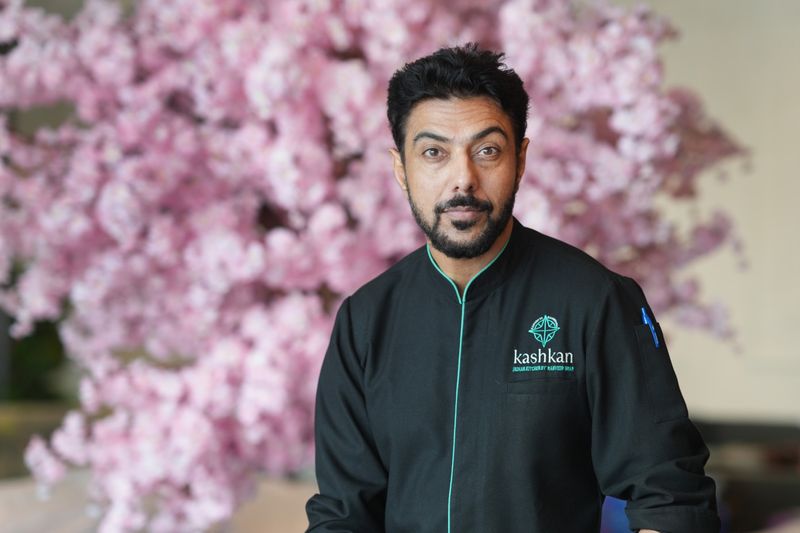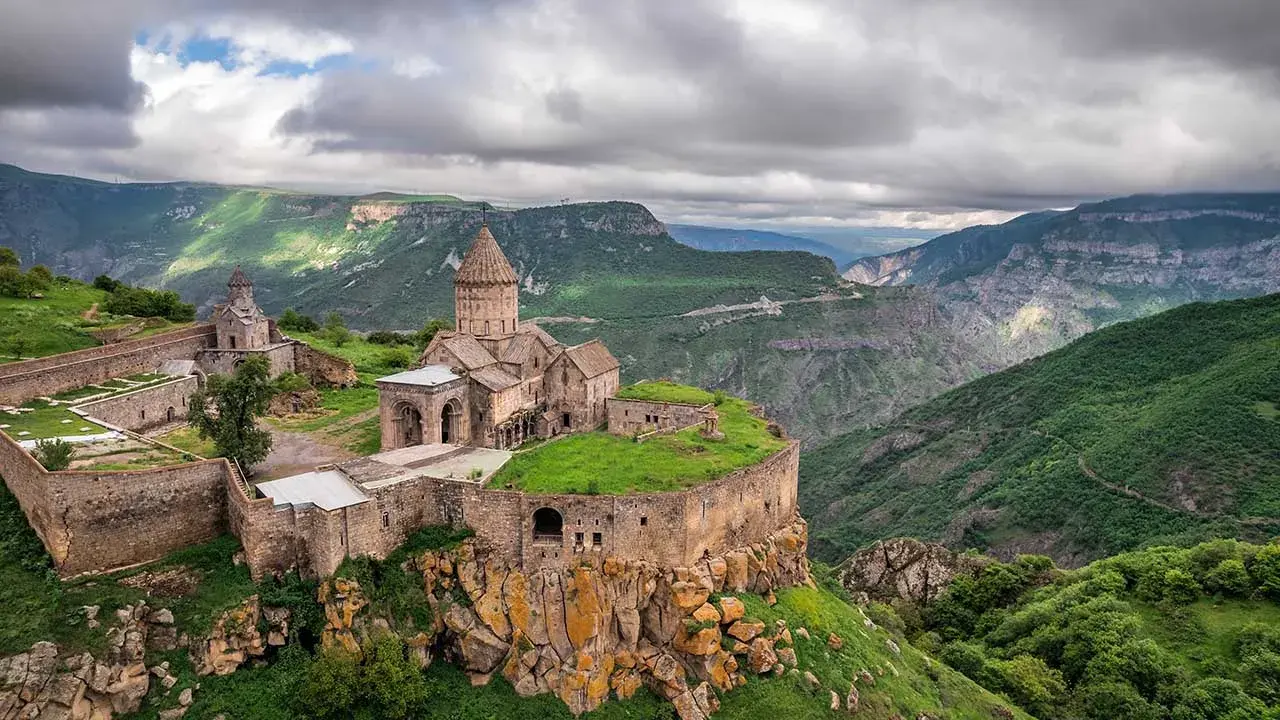The tree, which has been given the official name, Uvariopsis dicaprio, grows only in the Cameroon forest known for its incredible biodiversity.
A tree new to science has been named after Hollywood actor Leonardo DiCaprio, a BBC World report says.
Scientists at the Royal Botanic Gardens, Kew, say they wanted to honour the star for his help in saving a rainforest from logging.
The tree, which has been given the official name, Uvariopsis dicaprio, grows only in the Cameroon forest known for its incredible biodiversity.
“We think he was crucial in helping to stop the logging of the Ebo Forest,” said Dr Martin Cheek of Kew.
Scientists and conservationists were horrified when they heard of plans to allow vast swathes of the Ebo Forest to be opened up for logging.
The ‘dicaprio tree’ grows only in one location in a remote tropical forest
One of the largest relatively untouched rainforests in Central Africa, it is home to the Banen people and an array of unique flora and fauna, including threatened gorillas, chimps and forest elephants.
International experts wrote a letter to the government documenting the precious animal and plant species at risk of extinction. The issue was picked up by DiCaprio, whose social media posts to his millions of followers added momentum to the campaign.
The government later revoked plans to allow logging, although the forest has yet to be officially designated a national park.
One of the largest relatively untouched rainforests in Central Africa, it is home to the Banen people and an array of unique flora and fauna, including threatened gorillas, chimps and forest elephants.
“This could just be a stay of execution,” Dr Cheek added.
The “dicaprio” tree is the first plant new to science to be officially named by Kew scientists in 2022.
The small tropical evergreen tree has glossy yellow flowers that grow from its trunk. A member of the ylang ylang family, it has been found only in a small area of the forest and is critically endangered.
Last year, more than 200 plants and fungi from across the word were officially named by Kew scientists and their collaborators, including a pink lily from the same forest, an insect-trapping wild tobacco plant found in Australia and an orchid with star-like flowers from the island of Madagascar that can grow in darkness.











